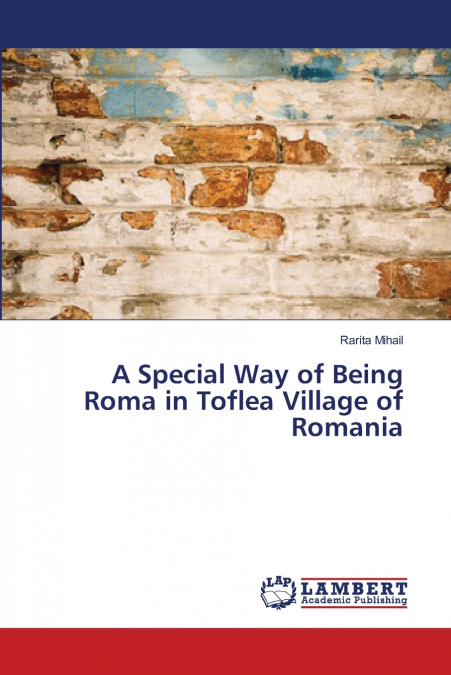
Rarita Mihail
The Roma are often approached by researchers and public opinion as a group whose ethnic identity is 'obvious'. As their way of life is considered as completely different from the groups surrounding them, any image of the non-gypsies about the gypsies is built in order to account for this radical difference. And this difference is naturalised and essentialised by the majority. But the case analysed in the present study - the gypsies in Toflea - is an attempt at deconstructing this naturalised difference by examining the strategies of identity construction and assertion: identity practices and symbols, the identity message of the Roma’s palaces, etc. Among the Roma and about the Roma, the issue of identity often brings forth discordant opinions. It is a fact supported by the different position adopted by specialists, and the Roma themselves in regard to the identity message they send by their oversized residences. To grasp the manner of identity construction in practice for the gypsies in this Romanian village, the author conducted predominantly qualitative field research, recording a series of life stories belonging to certain community members.